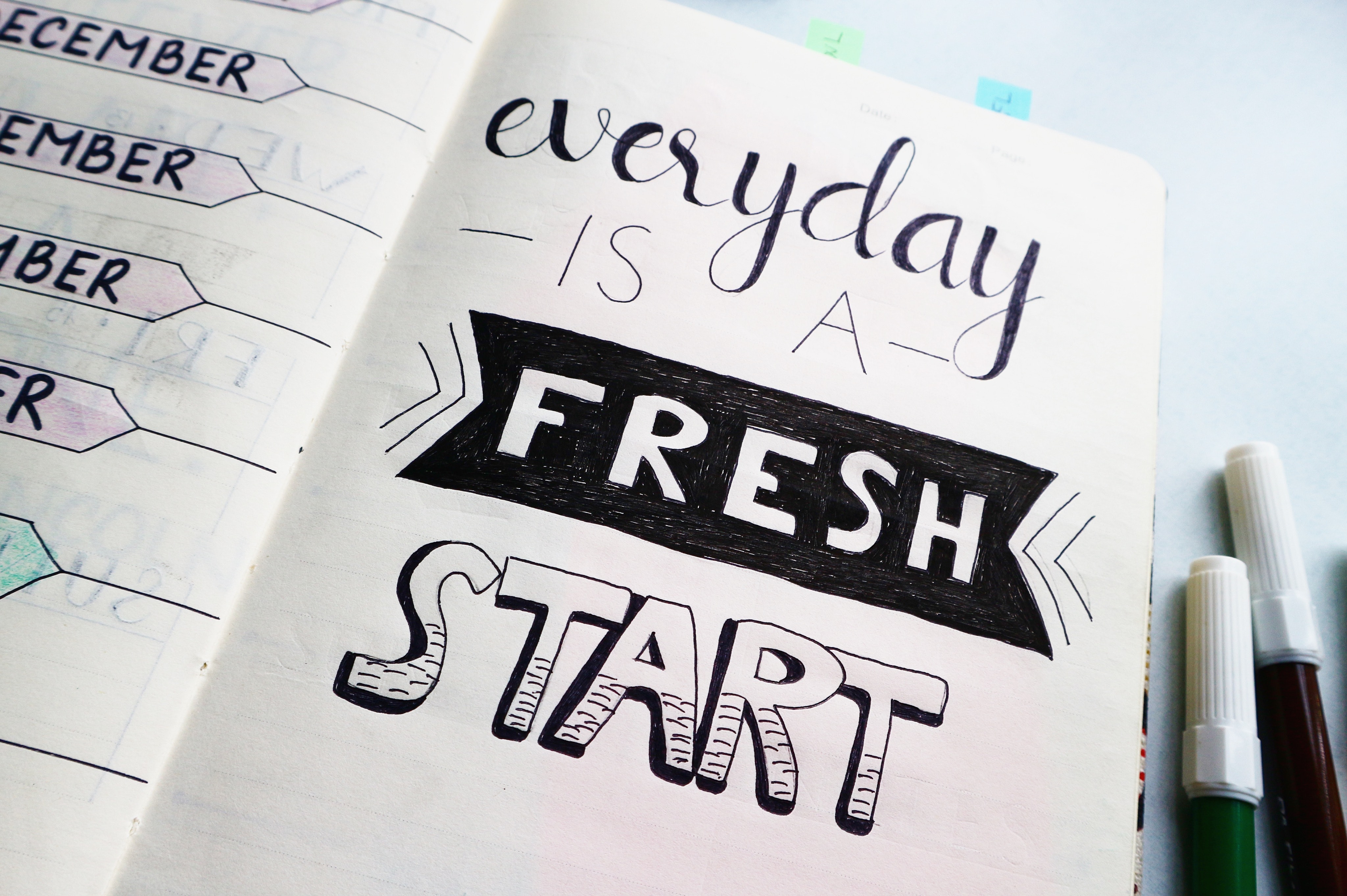
I earned over $100,000 in scholarship offers and awards, and I’m going to tell you how.
Why? Because a few of you have asked for tips for getting $$ for college, and boy am I happy to share. Not tips so much as key ingredients for your child to maximize the quantity and quality of offers.
While I’m speaking from my own personal experience, the stuff I’m sharing has been true for students I’ve worked with of all different backgrounds, learner profiles, socioeconomic status and goals.
Now is the perfect time for your teen to start to better understand how and why they’re deserving of scholarship money, and to research scholarships that they’re eligible for or might want to apply to.
Note: for your teen to research. Not for YOU to do the legwork and present them with things you think they should apply to. That removes ownership and incentive to self-motivate, and deprives them of valuable critical thinking and research opportunities. By all means help and support, but they need to be in the driver’s seat.
First, some things that did NOT contribute to my 100k+, that many people mistakenly think students need to have or be:
NOT because I’m especially brilliant,
NOT because I had straight A’s in all subjects (Math, Chemistry and Physics made me cry),
NOT because I qualify for niche offers (FWIW I’m white, straight, Canadian as are both my parents),
NOT because I had a ton of extracurriculars or co-captained multiple sports teams or clubs (I have next to zero athleticism and didn’t really pursue leadership positions), and
NOT because I scored perfect on all sections of the SAT/ACT/GRE (I did REALLY bad on SAT math and GRE quantitative especially).

Here are 4 of the ‘behind the scenes’ building blocks that went into schools wanting to pay me to attend, that every child – your son or daughter included – can leverage in ways that quite literally pay off big time:
- Introspection
Many teens don’t know what introspection is, and most have no idea how to do it right.
Not being able to properly introspect means not being able to tap in to what REALLY sets them apart, to what admissions offices and scholarship committees REALLY want to see: authenticity.
- Authenticity
Without introspection, we can’t tap into our authentic self.
One of the most common pieces of feedback I give to students for admissions/scholarships: BE MORE YOU!
The average student will write something like:
“The world is an ever changing place and I have hopes of making a positive impact.”
This is vague to the point of meaningless.
Anyone could have written it.
The person reading this has NO IDEA who the student really is. They will toss it aside.
–> FYI there are so many ways to unpack these absurdly generic statements, e.g. is your focus really on the whole world or is there a geographic area of theme of particular interest? Changing in what ways? What hopes? What does ‘positive’ mean to you and what kind of impact?
Say the student who wrote this is named Kevin, I would tell them to “Kevin-ify it” right up. Do NOT write what you think the admissions committees want to hear, write as unapologetically as possible in your own voice.
- Communication skills
See above for authentic and precise communication. This bullet refers to strong writing, and most students don’t understand that strong writing is underpinned by strong critical thinking and time management skills.
Even if your teen thinks they’re not ‘good’ at writing, they can become ‘good’ at it when they learn how and actually practice. After all, writing is a skill and the more we practice a skill, the stronger it becomes.
For example, creating outlines and establishing a timeline are non-negotiables for consistently and efficiently producing “good” written work, whether it’s an essay for English or a scholarship.
Yes, outlines. As in, multiple. The actual ‘writing’ aspect (as in, writing in paragraph form) is the very last thing they do. And the easiest. The bulk of ‘writing’ is THINKING, which is done in the outline stage.
If this isn’t normalized for your child yet, they are not thinking or writing to their potential, and it will be more difficult to set themselves apart from their peers.
- Vulnerability
Let’s say your teen learns to introspect, explores their authentic self, and develops the skill to communicate as much on paper.
The final barrier is having the courage to do so.
It’s hard for most adults to put themselves out there, let alone our teens. For your child to express who they truly are, what they want for themselves and why, is an act of vulnerability. It takes courage.
For your child to acknowledge what they DON’T know, to show intellectual humility, can be even harder.
These four things – introspection, authenticity, communication, vulnerability – factor into so much more than just standing out for scholarship purposes.

They’re all at the heart of learning how to learn. When your child purposefully practices the above skills, they can’t help but develop a more genuine and nuanced understanding of themselves and the life they want to create. Both of these play a critical role in expanding self-awareness, self-motivation and growth.
In sum: the real secret to earning scholarship $, and to succeeding at pretty much anything in school or life, lies in skills.
Cheers to your child’s innate ability to build those skills, any time they want 🙂
Kelsey
PS when we work with students, we use their schoolwork as the vehicle to practice these four skills (amongst many others). If you want them to strengthen these skills, learn how to learn and earn better grades with greater ease, let’s talk. Click here to get on my team’s calendar for a 1:1 skills audit. This is a conversation that lasts about one hour and your child is in the driver’s seat; we help them get clear on where they’re at right now vs. where they really want to be for themselves and together, we’ll make sure they’re crystal clear on how to get there.



